By focusing on these aspects, you can present yourself confidently and effectively in an interview, leaving a lasting positive impression.
Interviewing for jobs can be challenging, but the key to success is being genuinely yourself while strategically presenting your best professional self. This guide will help you navigate interviews with confidence and authenticity.
The interview isn't about being perfect—it's about being genuine and true to your professional identity. The goal is to present yourself honestly while demonstrating your value to potential employers. This approach helps you: Connect meaningfully with interviewers and be attentive to determine if the role truly matches your career goals. Next, be prepared to stand out from candidates who rely on the typical approach.
Preparation and Strategic Insight
Effective interview preparation involves a thoughtful approach that combines self-awareness with professional research: Identify your core professional strengths. Understand how your unique personality traits translate to workplace value—this is important. Recognize how your communication style and skills can benefit potential employers.
Do your research to thoroughly understand the job description and the company background. Investigate and analyze the company's culture and values, and prepare your narratives that demonstrate your qualifications using specific story examples and back them with data metrics.
Communication Strategies for Meaningful Interviews
Be sure to have a two-way dialogue it’s the most effective interviews are conversations, not interrogations. Your approach should focus on: Listening actively and asking insightful questions will show that you are engaged and detailed-minded. Sharing relevant experiences that showcase your capabilities is a powerful technique.
Develop a flexible set of questions that achieve multiple objectives: Demonstrate your understanding of the industry and company, and showcase your expertise and critical thinking. Gaining genuine insights into the role and the organizational culture will set you apart from others. This will position you to ask these effective questions: How does your organization approach market challenges? How is success measured in this position? What opportunities exist for growth and learning?
Navigating Challenging Interview Moments
Many people find it uncomfortable to talk about money and consider it impolite, leading to a lack of practice and confidence in negotiating salaries. Candidates may feel they are in a weaker position and worry that bringing up their salary could jeopardize their chances of getting the job. Here are suggested tips: Redirect salary history questions, and when asked about expectations, inquire about the job's budget. At that point, you can focus on your value proposition rather than specific dollar amounts.
Managing Your Presentation
Presenting yourself effectively in an interview is crucial for making a positive impression. Rehearse common interview questions and your responses. Practice delivering your answers confidently and concisely.
If certain communication styles challenge you (e.g., eye contact for neurodivergent individuals), address this transparently.
Choose attire that fits the company’s dress code. When in doubt, opt for business professional. Arrive on time or a few minutes early. This shows respect for the interviewer’s time and demonstrates your punctuality.
Use body language that feels natural to you. Sit up straight, maintain eye contact, and use open, welcoming body language. A genuine smile can convey friendliness and confidence.
Practice responses that feel comfortable and genuine, this will help show enthusiasm for the role and the company. Let your excitement for the opportunity shine through in your responses. Clearly articulate why you’re a great fit for the role and how you can contribute to the company’s success.
Remember that interviews are a two-way assessment; you're evaluating the company as much as they're evaluating you. The goal is to determine mutual fit, not to secure the job at any cost. A successful interview leads to a role where you can authentically thrive.
Remote Interview Considerations
Preparing for virtual interviews does involve some additional considerations compared to in-person interviews. Here are some key points to keep in mind:
Choose a quiet, professional setting
Test your technology in advance
Have a plan for potential interruptions
Maintain the same conversational approach as in-person meetings
Practical Tips for Authentic Interviewing
Be Prepared, Not Scripted
Have key stories and examples ready
Remain flexible in your responses
Allow the natural conversation to flow
Showcase Your Unique Value
Translate your personality traits into professional strengths
Use specific examples that highlight your capabilities
Connect your experience to the role's requirements
Practice Self-Reflection
Review your past interviews
Understand what communication approaches work best for you
Continuously refine your interview strategy
Always Do a Follow-Up
A simple note can be powerful. Writing an unexpected note will make a huge and lasting impression. Send a thank-you email after the interview to express your appreciation and reiterate your interest in the position. Mention something specific from the interview to make your message more personalized.
Final Perspective
Authentic interviewing is an art of balance—preparing thoroughly while remaining true to yourself. By focusing on genuine communication, strategic preparation, and mutual understanding, you transform interviews from stressful encounters into meaningful professional conversations. Your goal is not just to get a job, but to find a role where your authentic self can excel and contribute meaningfully.
DaMar Staffing Solutions of Indianapolis is a full-service, contingency-based recruitment firm, focused on administrative and professional staffing for all industries. There are many staffing agencies, but if you want a staffing agency that will work for you as a partner DaMar is a rare company. With over 20 years of experience, DaMar Staffing Solutions has built a reputation for providing quality service, top-notch professionals, and flexible recruiting solutions for Indiana companies.

